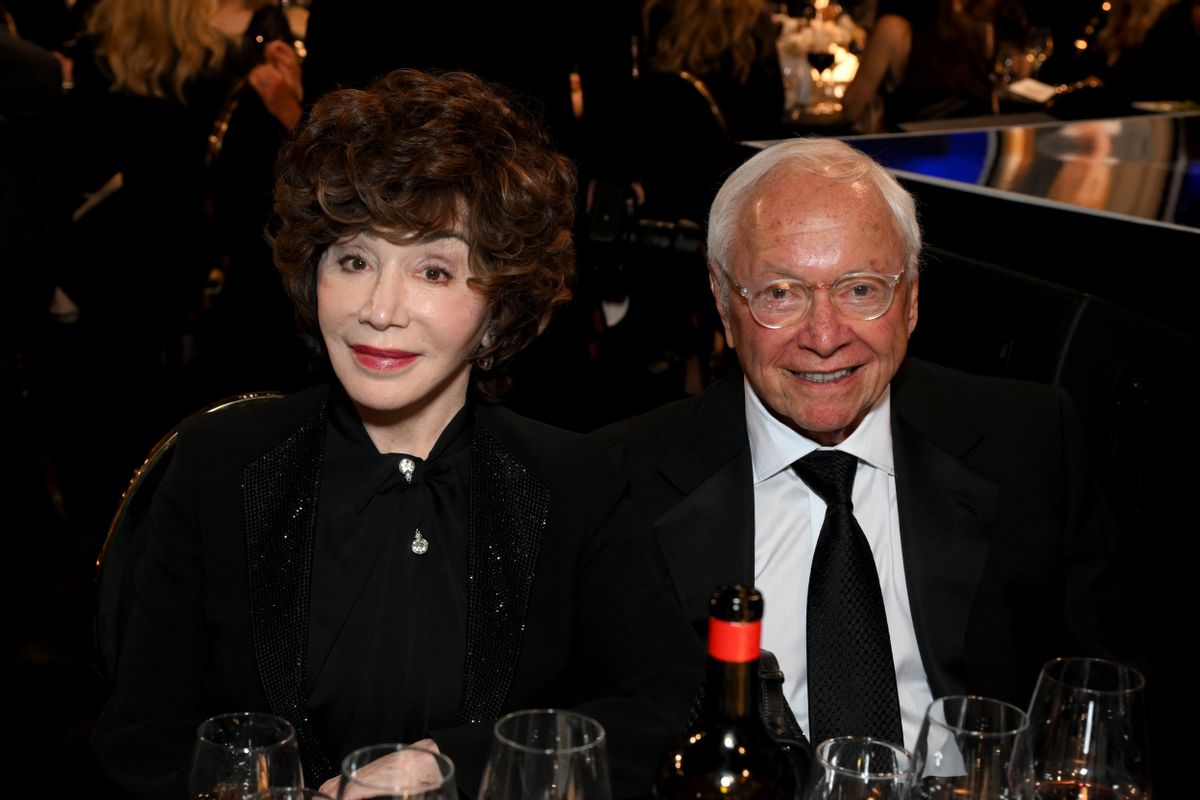
(Bloomberg) — In theory, it’s one of the financial world’s juiciest arbitrage trades: shares of Taiwan Semiconductor Manufacturing Co. fetch far higher prices in New York than they do in Taipei.
Most Read from Bloomberg
Finance 101 says short the US stock, buy the Taiwan stock and earn easy profits as the prices move toward convergence.
The problem, market watchers say, is that far from narrowing, the TSMC price gap has widened to an average 25% in January, the most since 2009 and up from 6.4% over the past decade.
With the mania over artificial intelligence showing few signs of going away, TSMC has become a favorite of US investors who can’t easily buy the chipmaker’s cheaper shares in Taipei. For hedge funds tempted to bet the price gap will narrow, the fear is that investors will keep bidding up the US shares even as their premium swells to eye-watering levels.
“The trade could be quite risky as the premium may not necessarily compress,” said Quincy Liu, chairman of Shin Kong Investment Trust Co. “Global investors have acknowledged TSMC’s technology leadership and have new positioning for it with higher valuations on the ADRs.”
Global investors will have a window to assess AI demand on Thursday, when the chip giant releases its quarterly sales outlook and guidance for this year’s capital spending. The company is expected to report a gross profit margin of around 58% for the three months ended in December with profit growth of 55%, according to data compiled by Bloomberg.
Also read: TSMC Sales Beat Estimates in Boost for AI’s Outlook in 2025
TSMC, the go-to chipmaker for Nvidia Corp. and Apple Inc., has been a top AI name to hold for global equity investors thanks to its pioneering technologies and reasonable valuation when compared with US tech megacaps. Since the release of ChatGPT in 2022, the ADRs surged more than 160% through Wednesday, while the Taipei shares rose less than 120%.
Not only have TSMC’s ADRs attracted active investors. The securities are also included in gauges like the Philadelphia Stock Exchange Semiconductor Index and in exchange-traded funds, meaning that funds tracking them must buy the US version, contributing to their outperformance versus the Taiwan listing. While the ADRs represent only about one-fifth of the total listed shares for the company, the average daily turnover over the past three months is double that of the local stock, data compiled by Bloomberg show.
“Over the past year, global investors have been putting a lot of money in the AI space, and TSMC is a major play,” said Alex Au, managing director at Alphalex Capital Management HK, whose first TSMC arb trade goes back to 1998. “The expansion in its US investor base kept driving up the spread. It’s no longer a good strategy to play on mean reversion as the funding cost has gone up and the premium has become too trendy.”
TSMC’s ADRs have historically traded at a premium because they’re fungible, unlike the Taiwan shares, which need special regulatory approval to be converted into the US equivalent. Moreover, the ADRs’ premium tends to widen for a longer period than it narrows, and post-2023 it’s taken longer for the trend to reverse, according to a Goldman Sachs Group Inc. study in June.
As of Monday, the short interest on the ADRs stood at 0.4% of shares outstanding, down from a high of 3.1% in June, S&P Global Inc. data show. That suggests investors remain bullish on the stock, which more than 90% of analysts covering it recommend buying, according to data compiled by Bloomberg.
“The valuation premium can widen in the medium term,” said Joseph Lai, chief investment officer at OX Capital Management in Sydney. “It reflects probably the extent to which the US market is in the bubble zone.”
Top Tech Stories
-
Apple Inc. CEO Tim Cook is planning to attend the inauguration of President-elect Donald Trump next week, the latest in a wave of Silicon Valley leaders traveling to Washington for the ceremony.
-
CBS owner Paramount Global’s merger with film and TV producer Skydance Media should be reviewed by federal authorities because of the participation of China’s Tencent Holdings Ltd., which was recently added to a US military blacklist, a key member of Congress said.
-
Semiconductor equipment maker Grand Venture Technology Ltd. is trying to turn the world’s hunger for advanced memory chips into a chance to become a major supplier, as giants from Micron Technology Inc. to Infineon Technologies AG build new factories in Asia.
-
Webtoon Entertainment Inc. is investing in a Japanese webcomic and manga studio as part of the online comic company’s global expansion strategy.
-
Nothing, a smartphone maker backed by Google’s venture arm and iPod creator Tony Fadell, is seeking to raise at least $100 million in funding to expand its operations, according to people with knowledge of the matter.
-
Alphabet Inc.’s Google is targeting News Corp. for records covering its deals with search engines and AI companies, as the tech giant fights a US effort to overhaul its business.
Earnings Due Thursday
-
TSMC
-
Infosys Ltd.
(Updates with fresh comment in fifth paragraph, stock moves in seventh; adds top tech stories, earnings due sections)
Most Read from Bloomberg Businessweek
©2025 Bloomberg L.P.
EMEA Tribune is not involved in this news article, it is taken from our partners and or from the News Agencies. Copyright and Credit go to the News Agencies, email news@emeatribune.com Follow our WhatsApp verified Channel




